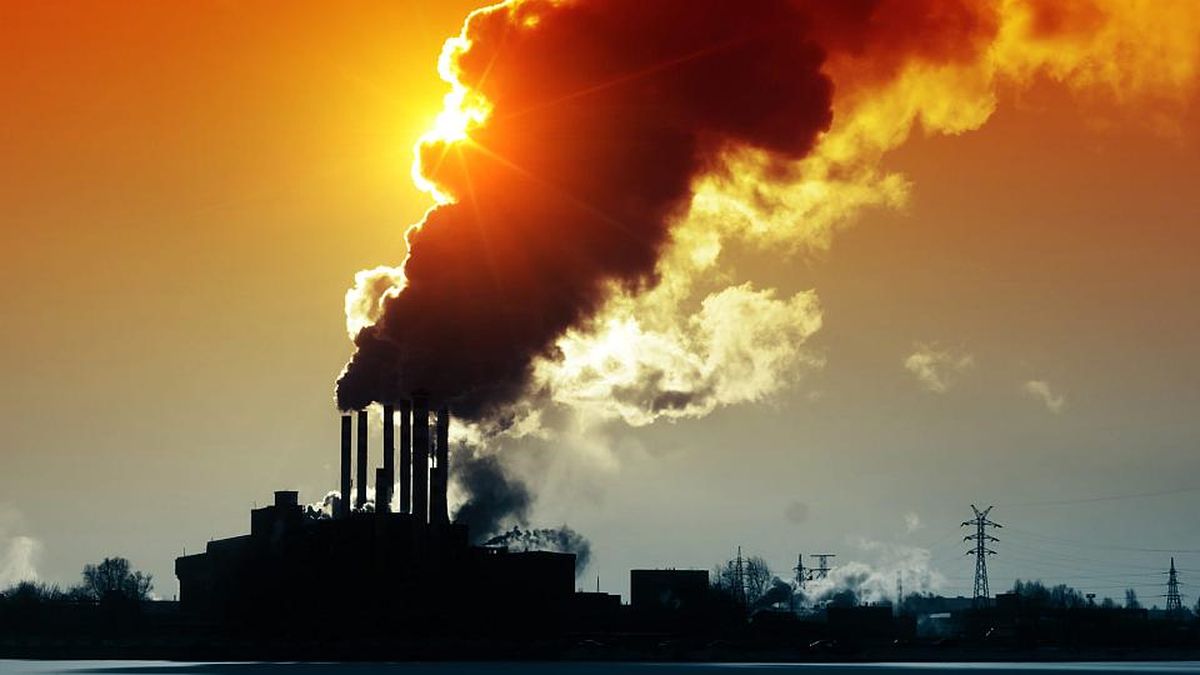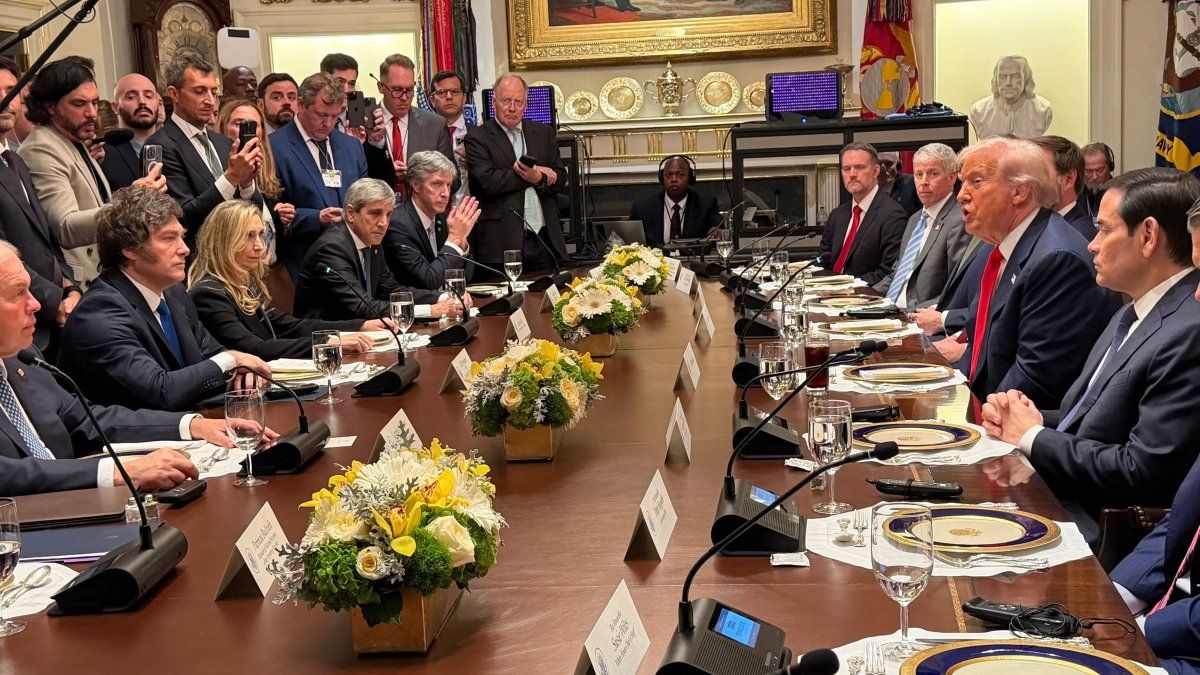The UN insists on achieving Cop 16 one of the objectives that it had already set in climate matters. This would imply improvements in the climate and a reduction in ecological damage.
For this reason, while a new cover of the COP16 in Colombiathe organization severely demanded that participating countries intend to achieve that goal.
Without a “global climate mobilization, the goal of limit global warming to 1.5°C will soon die,” warned this Thursday the United Nations Environment Program (UNEP), in the midst of the climate summit.
“We need global mobilization on a scale and pace never seen before, a mobilization that starts now. Otherwise, the 1.5°C goal will soon die,” he declared. Inger Andersenexecutive director of UNEP.
COP16 began with an urgent call for biodiversity
The COP16 It started this Monday in Colombiaconcluding its first day with urgent calls to care for biodiversity. They demanded concrete investments and agreements to stop their destruction “before it’s too late.”
The summit belonging to the United Nations aimed at protecting nature, lasts two weeks and includes the participation of 196 States members of the Convention on Biological Diversity (CBD).
Cop 16 Colombia 2.jpg
New edition of COP16 in Colombia.
Ministry of Environment of Colombia
Includes about 23,000 accredited people for participation, including a dozen heads of state and a hundred ministers. According to the organizers, it is the busiest edition of the COP.
At par, indigenous communities march in the streets of Caliwhere the summit takes place, with traditional outfits and canes. The objective of these is that their ancestral knowledge about caring for the planet are taken into account.
New commitments
During this first day of COP16, countries committed to contributing US$250 million to the GBFF. However, these contributions are part of a broader agreement so that nations can mobilize at least $200 billion annually until 2030 to adequately protect biodiversity.
This includes US$20 billion annually until 2025 from the wealthiest nations, to help developing countries.
The International Union for Conservation of Nature (IUCN) had warned that more than a quarter of the species evaluated by the organization are in danger of extinction. There is a red list of threatened animals and plants.
He also confirmed that wildlife populations decreased by 73% in the last 50 years, from 1970 to 2020, according to the NGO.
Source: Ambito




